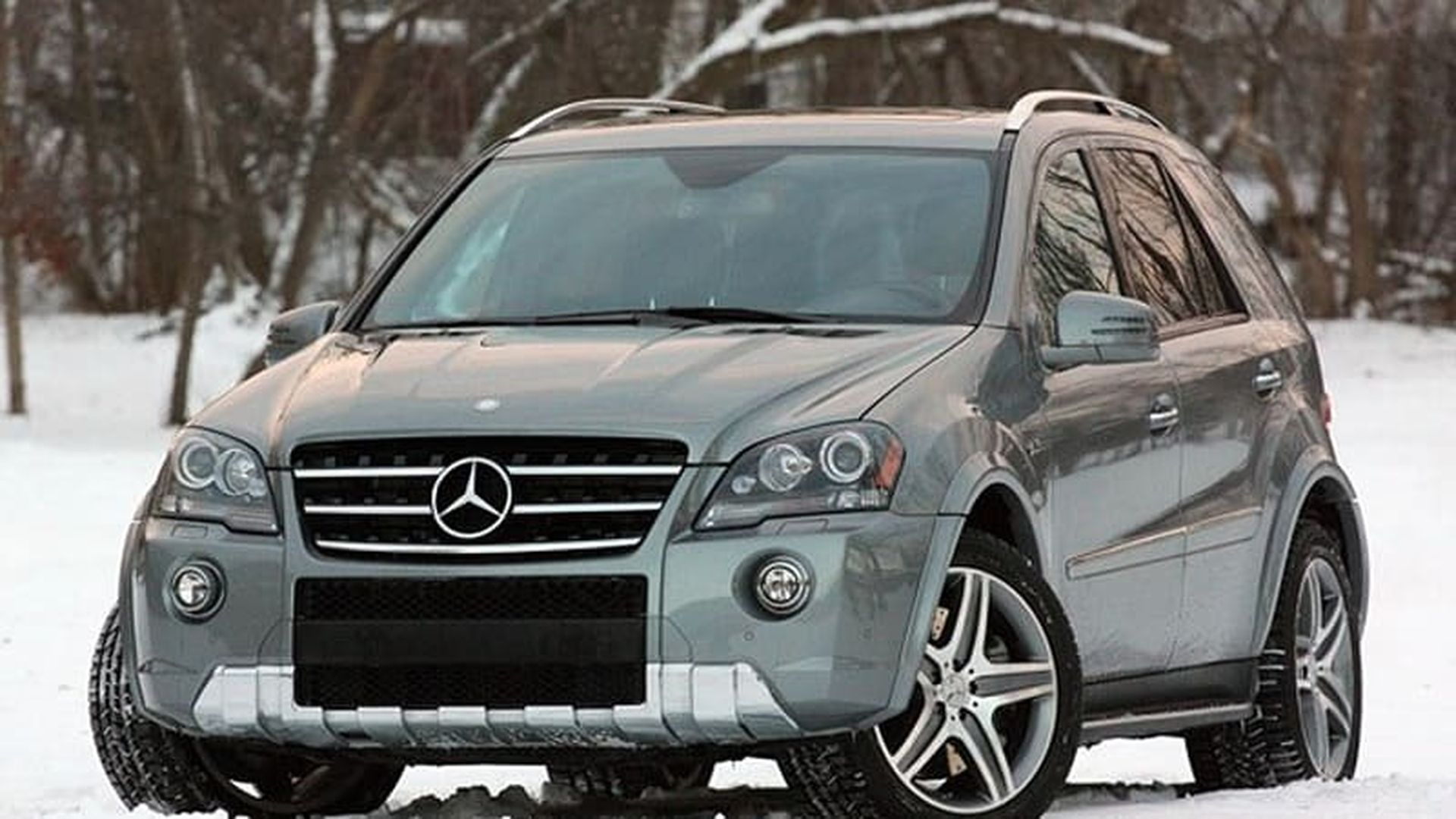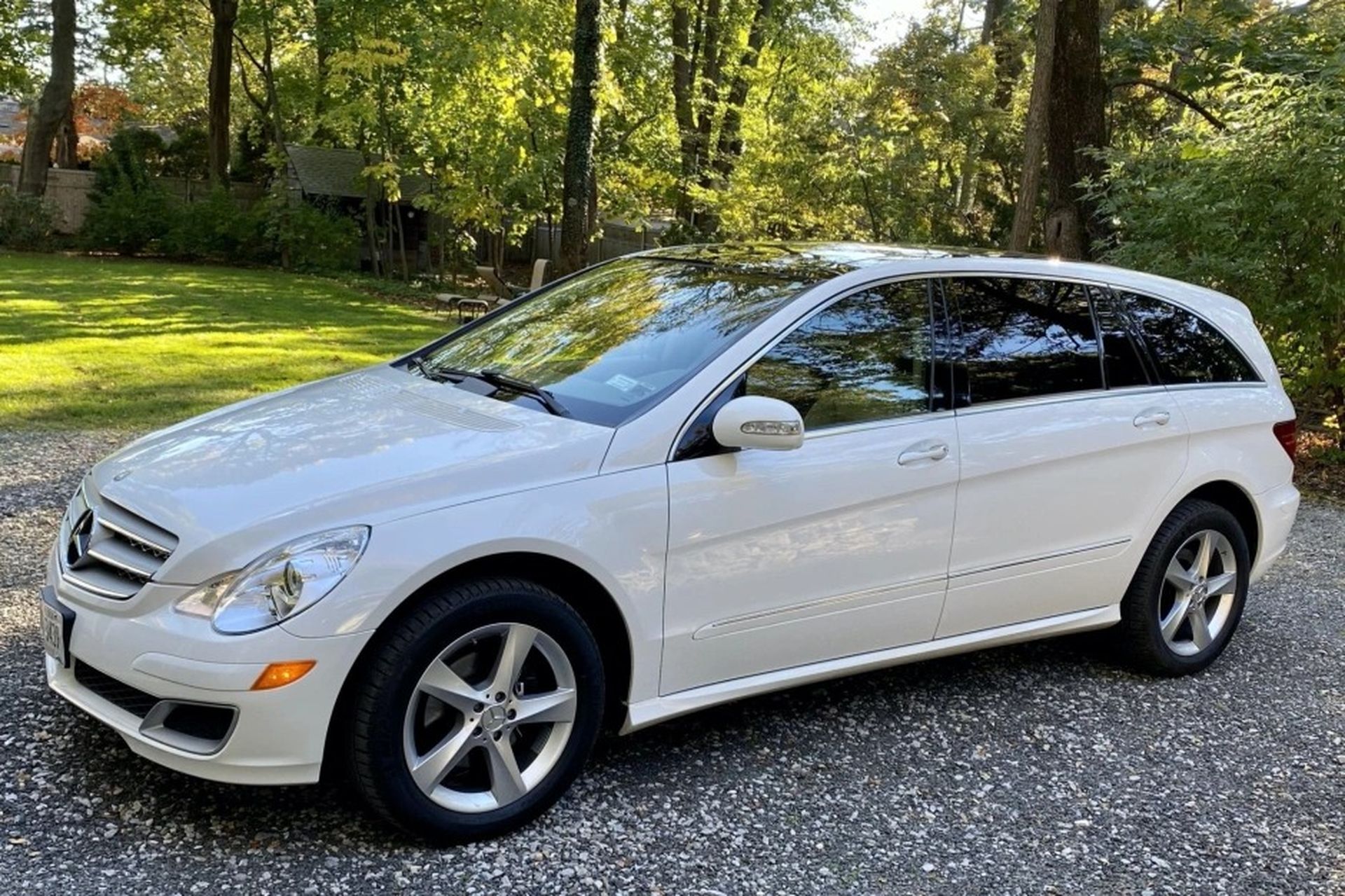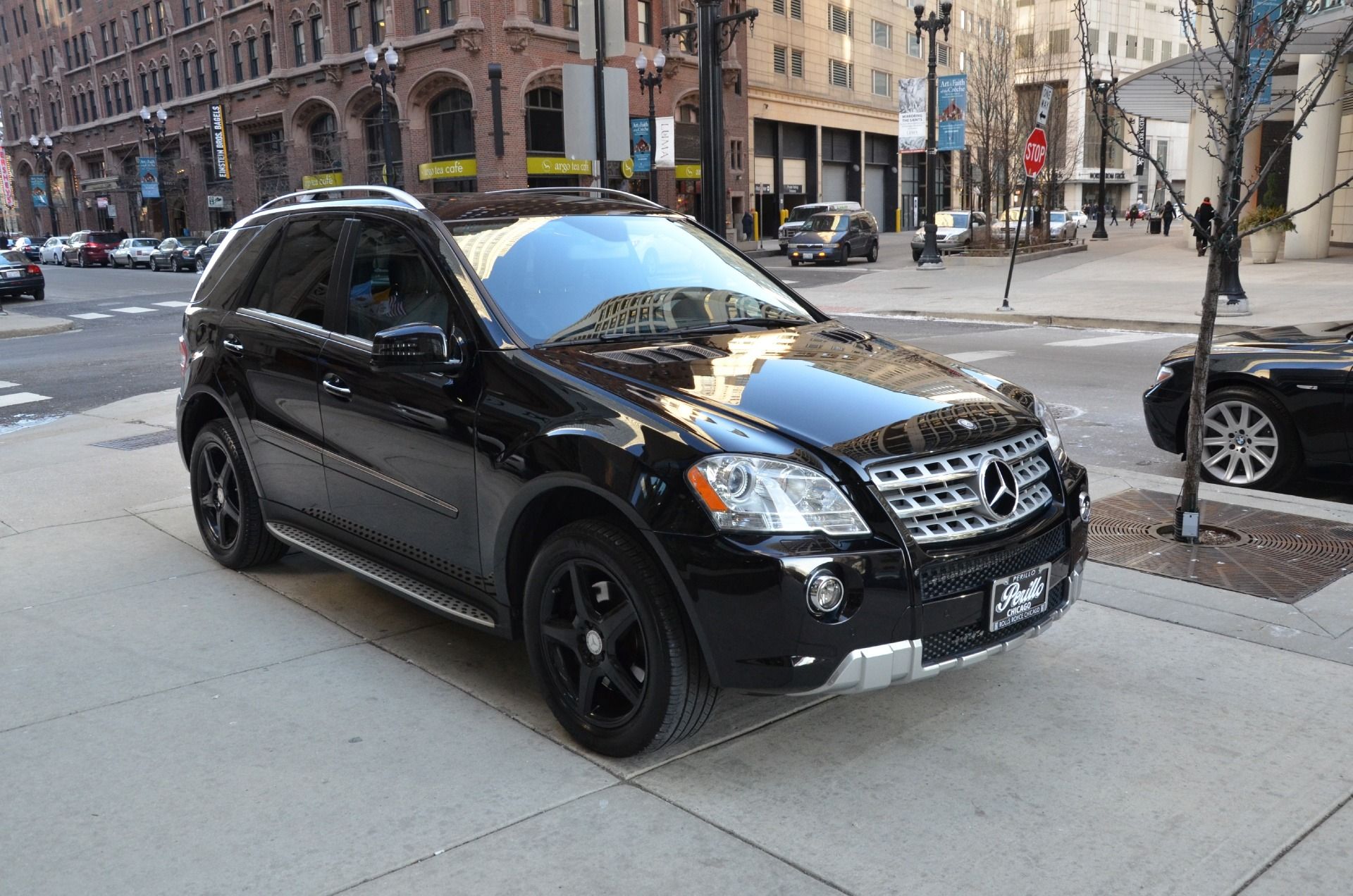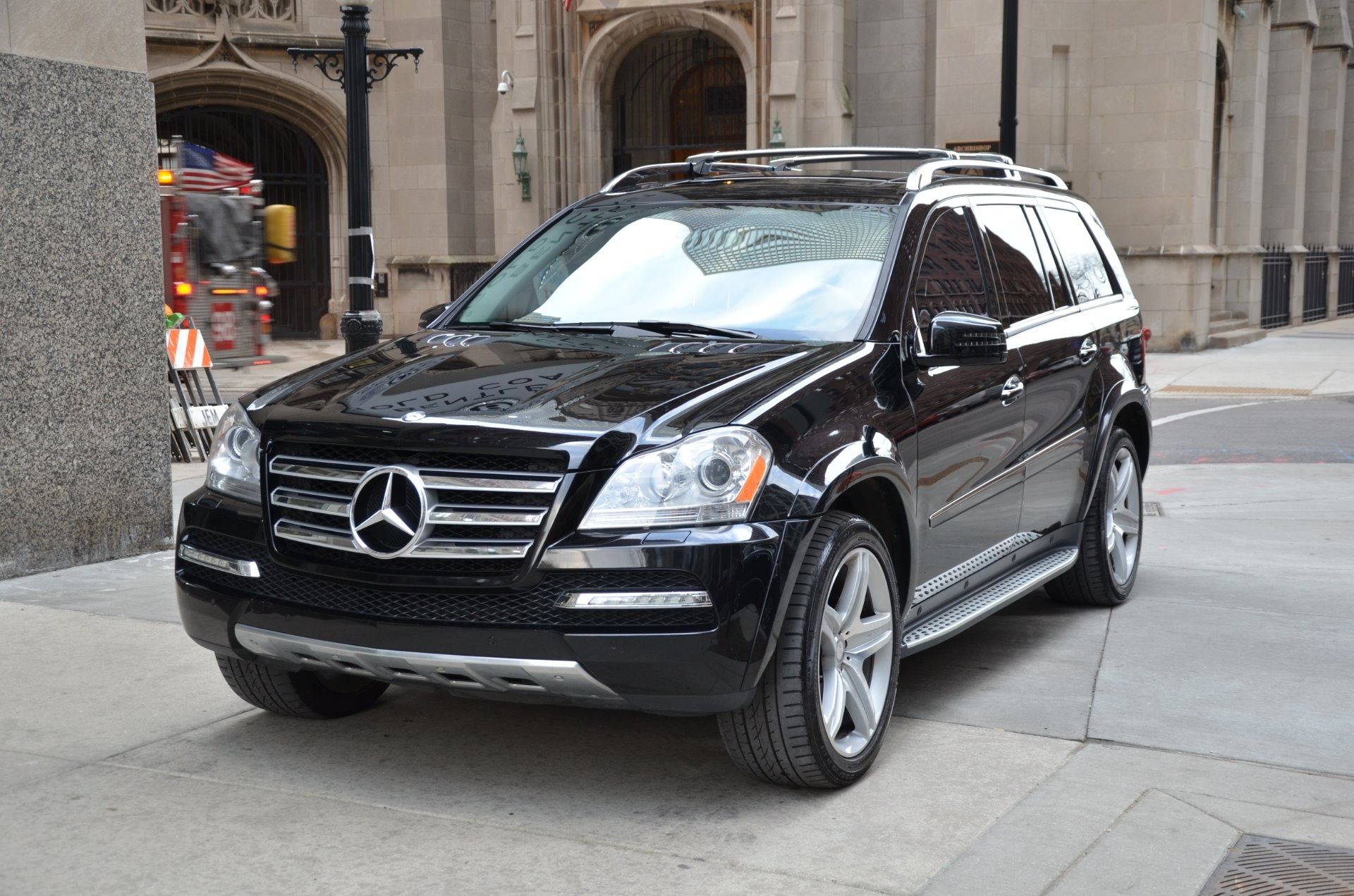Mercedes Benz recalls 292k vehicles, due to a failure caused by the deterioration of the brakes. We are going to cover all there is to know about this recall.
Over 292,000 GL-, ML-, and R-Class SUVs built between 2006 and 2012 are being recalled because of a possible brake issue. Owners of cars covered by the recall should not operate them until the free repair has been completed.

Mercedes Benz recalls 292k vehicles due to brake deterioration
According to the automaker, prolonged exposure to water may cause some braking components to deteriorate, resulting in reduced braking performance or total brake failure. The driver may need to apply more pressure on the brake pedal, or the brakes might not function at all. Both of these situations might result in a collision and injuries. Mercedes Benz recalls only certain GL, ML, and R-Class vehicles. This issue does not affect the foot-operated parking brake.
If a vehicle is exhibiting the issue, drivers may notice a change in the brake pedal feel and/or a hissing or airflow noise when applying the brakes.

After a consumer from outside the United States reported reduced braking during a stop, Mercedes-Benz began an investigation in July 2021. After collecting numerous field studies and tests, including one case of a single similar occurrence in the United States, Mercedes-Benz informed the National Highway Traffic Safety Administration about the recall on May 5, 2022. According to the manufacturer, there have been no collisions, injuries, or deaths linked to the flaw.
Details of the recall
The total number of recalled vehicles is 292,287, and all of them are Mercedes-Benz SUVs. We listed all of the vehicles that have been recalled below.
- 2007 Mercedes Benz AMG R63
- 2007-2009 Mercedes Benz GL320
- 2010-2012 Mercedes Benz GL350
- 2007-2012 Mercedes Benz GL450
- 2008-2012 Mercedes Benz GL550
- 2007-2009 Mercedes Benz ML320
- 2006-2011 Mercedes Benz ML350
- 2010-2011 Mercedes Benz ML450
- 2006-2007 Mercedes Benz ML500
- 2008-2011 Mercedes Benz ML550
- 2007-2009 Mercedes Benz R320
- 2006-2007 Mercedes Benz R500
- 2007-2011 Mercedes Benz AMG ML63
- 2006-2012 Mercedes Benz R350
- 2008 Mercedes Benz R550

The brake booster housing unit can become wet, resulting in corrosion and an increase in braking force when the driver applies pressure to the brake pedal. If this happens, the driver may notice a reduction in brake performance or failure of the brakes.
After the recall, the dealer will examine the brake booster housing on the cars that were recalled. Cars that do not show advanced corrosion can be driven without further intervention. Vehicles with advanced corrosion will have a more thorough inspection to verify whether or not the brake booster is working properly. After two years of driving, vehicles that pass may be replaced with new ones; those that do not must be repaired. A replacement brake booster is required in vehicles that do not pass this additional test.

The stop-drive notice will remain in place for these cars until the brake booster is replaced. If a repair is required but cannot be done immediately, an authorized Mercedes-Benz dealer will assist with individual solutions for the customer, including alternate transportation. Beginning May 27, 2022, Mercedes-Benz will send a notice to all affected owners. Owners of those cars may call Mercedes-Benz at 800-367-6372. Also, to make sure if your vehicle needs to be recalled, you can visit the Mercedes Benz site, and enter your 17-digit VIN number to get all the necessary info.
We hope that you enjoyed this article and found it useful. If you did, you also might want to check Mercedes-Benz presents Vision EQXX electric car concept at CES 2022, or Japanese automakers Toyota and Nissan enter the metaverse.





